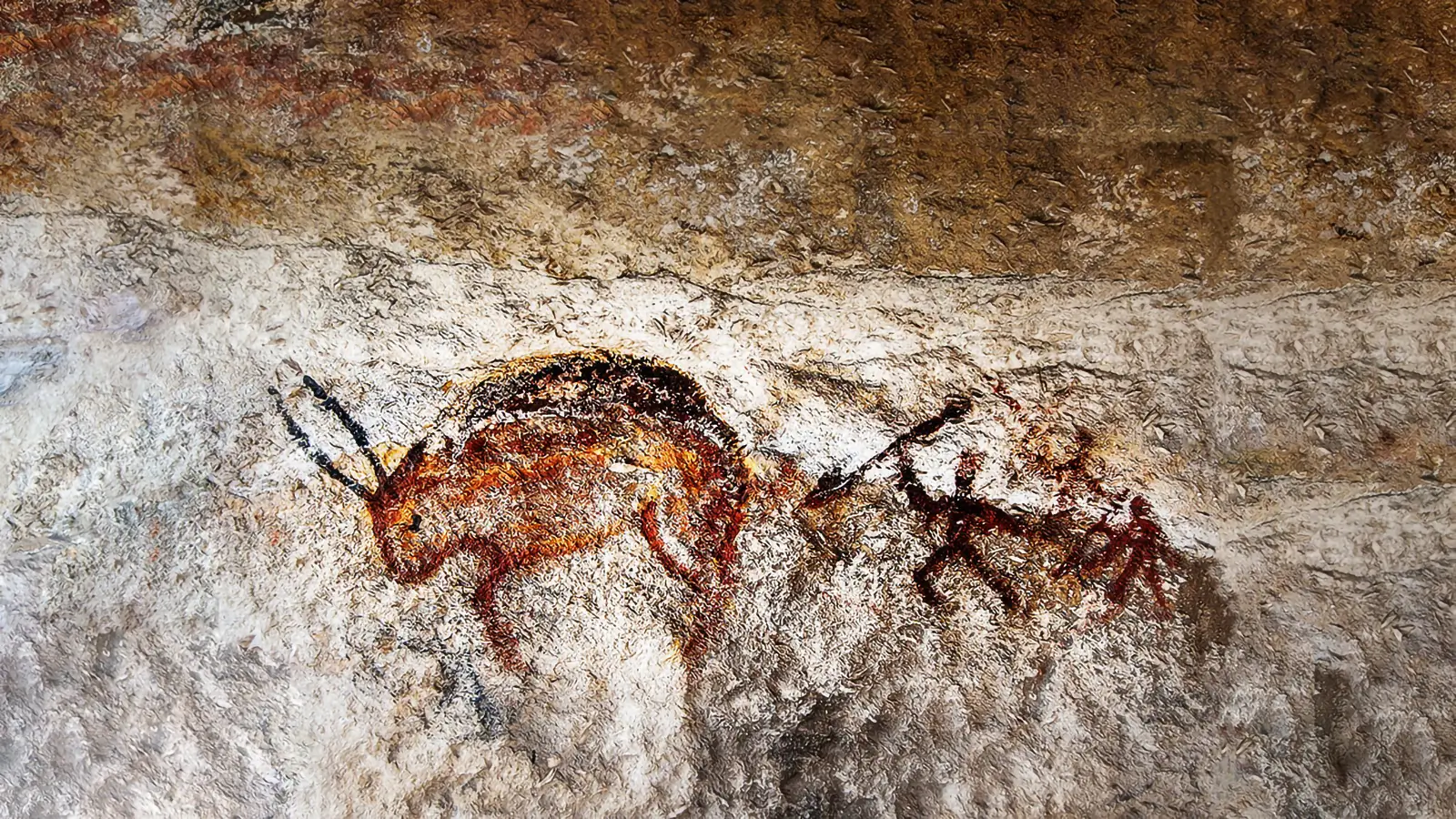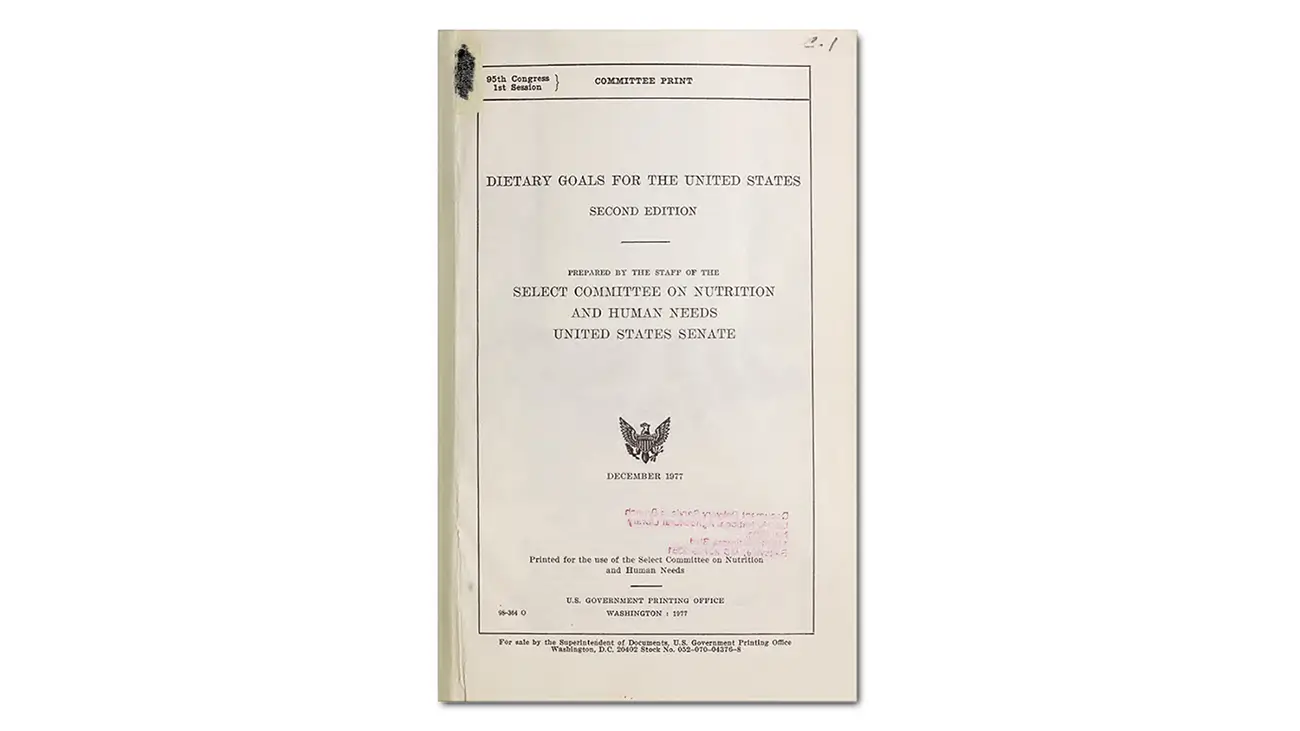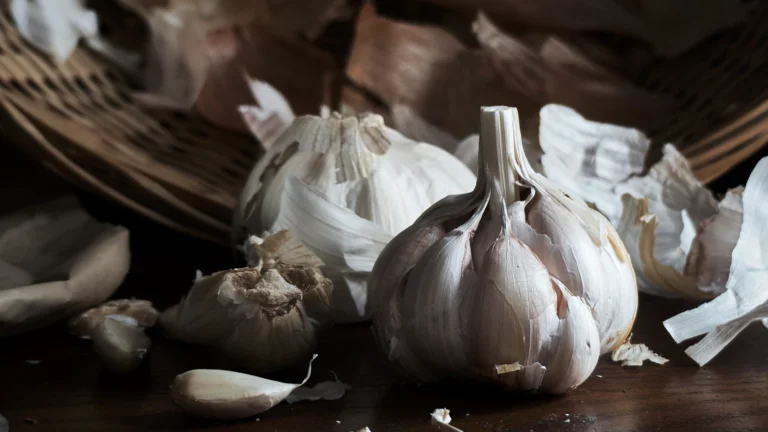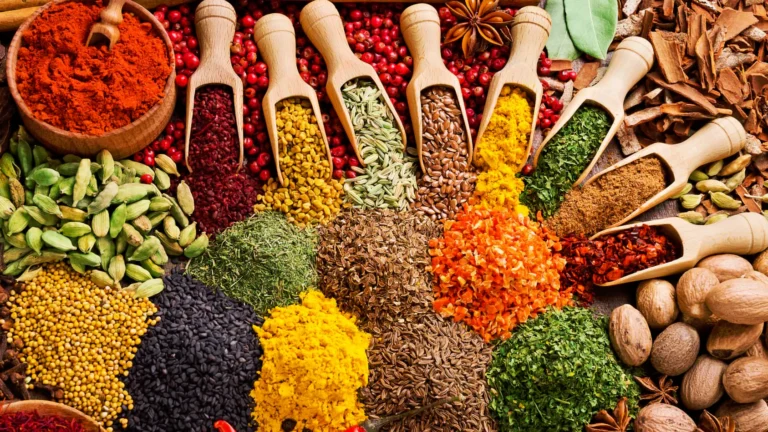Mittelmeerdiät- „Wunder“ von Olivenöl
Die Mittelmeerdiät, die als Olivenölwunder vermarktet wurde, hatte nichts mit Öl jeglicher Art zu tun, außer in dem Maße, dass es Butter und Schmalz ersetzen kann.
Milos Pokimica
Geschrieben von: Milos Pokimica
Medizinisch Begutachtet Von: Dr. Xiùying Wáng, M.D.
Aktualisiert am 9. Juni 2023Gute alte gesunde mediterrane Ernährung. Wird als Olivenölwunder vermarktet, das nichts mit Öl jeglicher Art zu tun hat, außer in dem Maße, dass es sogar schlechtere Alternativen wie normale gesättigte Fette wie Butter und Schmalz ersetzen kann. Genauso sah es sogar der Vater der Mittelmeerdiät (Schlüssel, 1987). Wenn Sie auf pubmed.gov nach einer Mittelmeerdiät suchen, werden etwa 5.000 Ergebnisse angezeigt. Die Mittelmeerdiät umfasst viele Diäten in vielen verschiedenen Ländern. Es kann Marokko oder Griechenland oder Spanien oder Italien oder ein anderer Ort sein.
Wenn wir jedoch über die Mittelmeerdiät sprechen, meinen wir damit die Ernährung auf der Insel Kreta in der Zeit nach dem Zweiten Weltkrieg. Als nächstes stellt sich außerdem die große Frage: Warum waren Herzerkrankungen im Mittelmeerraum selten? Bedeutung auf der Insel Kreta nach dem Zweiten Weltkrieg.
In 1948 after the war and socioeconomic collapse, the government of Greece was concerned about malnutrition and the health status of its citizens. They decided to invite the Rockefeller Foundation with the goal of undertaking an epidemiological study on the island of Crete. In 1952 impressed by low rates of heart disease Ancel Keys, the same scientist that was in charge of the Minnesota Starvation Experiment, noted the connection after researching the data between fat and especially saturated fat, and heart disease. Although at that time he did not see cholesterol as the problem because it would mean the animal products are the guilty ones. The connection between dietary fat and heart disease was observed even earlier in the 1930s and was influential on Keys’ work, but data from Crete made him write a paper about it in 1953 and made public addresses. The famous Seven Country Study was to begin five years later in 1958 to investigate Keys’ concerns (www.sevencountriesstudy.com). In den 1960er Jahren war man allgemein davon überzeugt, dass gesättigte Fettsäuren zu Herzerkrankungen beitragen. Die Ernährung der Menschen auf der Insel Kreta war später ein Katalysator für diese Forschung. 1970 wurde erstmals die Sieben-Länder-Studie vorgelegt. Jetzt wurde Keys 100 Jahre alt und war zu dieser Zeit nicht so radikal, wie die Cholesterin-Verwirrungen Sie glauben machen wollen. Er empfahl, weniger Fett zu essen, also Fett im Fleisch und Fett im Allgemeinen wie Eier (oder zumindest Eigelb) und Milchprodukte, und stattdessen mehr Fisch und Hühnchen zu essen. Er betrachtete Obst und Gemüse lediglich als Ergänzungsnahrung und hatte einen Cholesterinspiegel von etwa 200. Diese Zahl ist bei weitem nicht gesund, aber er wurde 100 Jahre alt. Das Problem bestand darin, dass er ein Arzt war und dem gleichen System angehörte wie alle anderen anderer Arzt.
Arteriosclerosis is a disease, not the aging process. We can go and look at arteries and measure the blood pressure of poor people in places like Crete. Keys did not see the real truth about what was real diet on Crete. He thought it was just fat and didn’t see the problem in animal protein. Animal Proteinkorrelation wurde sogar in den Charts übersehen. Er trübte das Wasser, indem er einfach auf Fett zeigte.
Allerdings war selbst das nicht gut genug. Sogar das war übertrieben. Im Jahr 1966 veröffentlichten George Campbell und Thomas L. Cleave „Diabetes, Coronary Thrombosis, and Saccharine Disease“. Sie argumentierten, dass chronische westliche Krankheiten wie Herzerkrankungen, Magengeschwüre, Diabetes und Fettleibigkeit durch eine Sache verursacht werden: „Krankheit durch raffinierte Kohlenhydrate“. Es war eine nie endende Geschichte. Es hat bis heute nie aufgehört. Alles ist eine Lüge, der die entgegengesetzte Lüge gegenübersteht. Künstlich erzeugte Diätkriege und Verwirrung. Es war eine gute Designstrategie, die in 70 Jahren nichts geändert hat, außer dass normale Menschen mit krankheitsverursachendem Geld überzogen wurden und eine böse Schleife des Elends entstand. Selbst in der heutigen Zeit ist es die gleiche alte Manipulationsgeschichte. Im Jahr 2001 schrieb Gary Taubes beispielsweise in dem Artikel im Science Magazine mit dem Titel „Nutrition: The Soft Science of Dietary Fat“:
“It is still a debatable proposition whether the consumption of saturated fats above recommended levels by anyone who’s not already at high risk of heart disease will increase the likelihood of untimely death…or have hundreds of millions of dollars in trials managed to generate compelling evidence that healthy individuals can extend their lives by more than a few weeks, if that, by eating less fat.”
People 70 years later think that the Mediterranean diet is healthy because of olive oil. This is an excellent illustration of a half-truth. Italian restaurants market themselves as a healthy Mediterranean diet cuisine with spaghetti carbonara and alcohol. The death rate from heart disease in Crete at that time was more than 20 times, not 20 percent, 20 times less than in the US. We statistically see this data from places like rural China and Crete and Okinawa and on and on and see that these people’s diet is simple and similar to each other. How much stupidity do we have to have not to see the real story of what is happening? Scientists with a considerable level of education are not the stupid ones. They have six-figure annual income plus bonuses. They are the smart ones. We are not. Nutritional science is not secret deep underground military propulsion system laboratory research. There are no real debates in the field of nutrition, only purposely creating real confusion.
So what did they eat on the island of Crete in the World War 2 aftermath? The answer is the same. No meat, eggs, or dairy. Just poor people’s food like fruit and vegetables, grains, nuts, and legumes. Things that grow locally. In numbers, they ate more than 90% plant-based, and meat, fish, dairy, and egg products combined are about 7%. They did eat some of the olive oil because olives grow in Crete but that is not the olive oil diet. Or the wine diet. There is nothing healthy about wine except grapes. We would be better off just drinking raw grape juice. If we look at Greece today what is it that we think we would find? They have the number 1 score in Europe in child obesity. The Island of Crete included. As soon as the economy improves the meat, cheese, sugar, and alcohol come in a package. And smoking too. Greece has a rate of tobacco consumption above 40%. The Mediterranean diet was not a local-specific Mediterranean diet like Italian cuisine or Greek cuisine or such. It was a poverty diet without meat and eggs, and dairy, similar to diets in all poverty or war-stricken places, and industry does not like to mention this. Heart disease was a rarity in Greece. Was. Not anymore. And even in Crete at times of war, some rich people ate “normally” meaning eating meat every day instead of once in two weeks. Heart attacks were normal for them too, unlike the rest of the common people that were struck by poverty. No one today eats the real Mediterranean diet anymore. The pure Mediterranean diet of today that is predominantly plant-based is not a real whole food diet. It is dominated by white flour, the consumption of oil and salt, and alcohol. In Crete, they did not eat refined white pasta from the factory with a sauce full of extracted oil and bottles of wine. Alcohol is a known breast cancer risk factor even if we disregard inflammation and toxicity. That is not a health-promoting meal. Well, that is not a health-promoting meal if we do not compare it to the even worse standard American meal of today. So yes, the Mediterranean diet is healthier than the regular diet but not as healthy as a real natural human diet. Whole food plant-based diet.
Das Problem ist, dass normales Essen nicht so lecker ist wie raffiniertes, reich an Salz und Öl und Zucker so hardly anyone sticks to it. From a young age, children are given all of these chemicals we consider to be food, so we are addicted to them in childhood and have no real baseline anymore for comparison to what real human food is. That is why poor people’s diet works. If we disregard cholesterol and toxins and saturated fats that come from animal products and if we analyze the individual components of diet in Crete, we see that actually, it was not grains that were protective against heart attack. Grains, were more neutral and because they were whole food with fiber they had no effect on obesity or diabetes. Among the individual components in the Mediterranean diet consumption of greens and nuts actually, had most of the effects on lowering cardiovascular disease risk. Vegetarians that eat nuts have a lower risk of cardiovascular disease instead of those who don’t, and there are now a number of studies on this topic also. Here is one (Guasch-Ferré et al., 2013) mit der Schlussfolgerung: „Eine erhöhte Häufigkeit des Nussverzehrs war mit einem deutlich verringerten Sterblichkeitsrisiko in einer Mittelmeerbevölkerung mit hohem kardiovaskulären Risiko verbunden.“
Nüsse haben einen hohen Ölgehalt, aber auch einen hohen Ballaststoffgehalt, sodass das Öl nicht sofort absorbiert wird wie Fett aus Fleisch oder raffiniertes Öl und im Gegensatz zu Fleisch oder Öl sind Nüsse reich an Antioxidantien und anderen sekundären Pflanzenstoffen. Ein weiterer Vorteil von Nüssen besteht darin, dass in Kombination mit grünem Öl die phytochemische Absorption fettlöslicher Chemikalien erhöht wird, die in bereits gesunden Gemüsesorten enthalten sind. Wir müssen nicht auf fettarme Ernährung umsteigen, den Verzehr von Nüssen und Samen meiden und überwiegend Stärke essen. Wir sollten Stärke, Nüsse und alle anderen Lebensmittel in möglichst großer Vielfalt essen. Bisher hat die Wissenschaft keinen Zusammenhang zwischen einem hohen Verzehr von Samen und Nüssen und einer Krankheit, einschließlich Fettleibigkeit, hergestellt, außer bei Allergikern. Nur das Gegenteil. Sie sind in fast jedem Zustand von Vorteil. Paranüsse sind reich an Selen und Walnüsse schützen vor Krebs. Lignane in Leinsamen gehören zu den schützendsten Chemikalien gegen Brustkrebs und sind außerdem reich an Omega-3-Ölen für die Gehirnfunktion. Unsere Vorfahren aßen schon lange rohe Nüsse und Samen. Sie sind unsere natürliche Nahrung ebenso wie Früchte oder Körner oder junge Blätter oder anderes grünes Blattgemüse.
Die gesunde Ernährung ist diejenige, die wir entwickelt und an die wir uns angepasst haben. Das ist es.
Verweise:
- Keys A. (1987). Olivenöl und koronare Herzkrankheit. Lancet (London, England), 1(8539), 983–984. https://doi.org/10.1016/s0140-6736(87)90337-0
- Guasch-Ferré, M., Bulló, M., Martínez-González, M. Á., Ros, E., Corella, D., Estruch, R., Fitó, M., Arós, F., Wärnberg, J. , Fiol, M., Lapetra, J., Vinyoles, E., Lamuela-Raventós, RM, Serra-Majem, L., Pintó, X., Ruiz-Gutiérrez, V., Basora, J., Salas-Salvadó, J. & PREDIMED-Studiengruppe (2013). Häufigkeit des Nusskonsums und Mortalitätsrisiko in der PREDIMED-Ernährungsinterventionsstudie. BMC-Medizin, 11, 164. https://doi.org/10.1186/1741-7015-11-164
Zusammenhängende Posts
Haben Sie Fragen zum Thema Ernährung und Gesundheit?
Ich würde gerne von Ihnen hören und sie in meinem nächsten Beitrag beantworten. Ich freue mich über Ihren Beitrag und Ihre Meinung und freue mich darauf, bald von Ihnen zu hören. Ich lade Sie auch dazu ein Folgen Sie uns auf Facebook, Instagram und Pinterest für weitere Inhalte zu Ernährung und Gesundheit. Sie können dort einen Kommentar hinterlassen und sich mit anderen Gesundheitsbegeisterten austauschen, Ihre Tipps und Erfahrungen teilen und Unterstützung und Ermutigung von unserem Team und unserer Community erhalten.
Ich hoffe, dass dieser Beitrag für Sie informativ und unterhaltsam war und dass Sie bereit sind, die gewonnenen Erkenntnisse anzuwenden. Wenn Sie diesen Beitrag hilfreich fanden, dann es teilen mit Ihren Freunden und Familienangehörigen, die ebenfalls davon profitieren könnten. Man weiß nie, wer auf seinem Weg zur Gesundheit vielleicht etwas Anleitung und Unterstützung braucht.
– Das könnte Ihnen auch gefallen –

Über Ernährung Lernen
Milos Pokimica ist Doktor der Naturheilkunde, klinischer Ernährungsberater, Autor für medizinische Gesundheit und Ernährung sowie Berater für Ernährungswissenschaften. Autor der Buchreihe Zum Veganer werden? Rückblick auf die Wissenschafter betreibt auch das Natürliche Gesundheit website GoVeganWay.com
Medizinischer Haftungsausschluss
GoVeganWay.com bietet Ihnen Rezensionen der neuesten Ernährungs- und Gesundheitsforschung. Die bereitgestellten Informationen stellen die persönliche Meinung des Autors dar und sind weder als Ersatz für professionelle medizinische Beratung, Diagnose oder Behandlung gedacht noch impliziert. Die bereitgestellten Informationen dienen ausschließlich Informationszwecken und sollen nicht als Ersatz für die Beratung, Diagnose und/oder medizinische Behandlung durch einen qualifizierten Arzt oder Gesundheitsdienstleister dienen.Ignorieren Sie niemals professionellen medizinischen Rat oder verzögern Sie die Suche nach medizinischer Behandlung, weil Sie etwas auf GoVeganWay.com gelesen oder über GoVeganWay.com darauf zugegriffen haben
Nehmen Sie NIEMALS Änderungen im Lebensstil oder irgendwelche Änderungen vor, die eine Folge von etwas sind, das Sie auf GoVeganWay.com gelesen haben, bevor Sie einen zugelassenen Arzt konsultieren.
Bei einem medizinischen Notfall rufen Sie sofort einen Arzt oder die Notrufnummer 911 an. GoVeganWay.com empfiehlt oder unterstützt keine bestimmten Gruppen, Organisationen, Tests, Ärzte, Produkte, Verfahren, Meinungen oder andere Informationen, die darin erwähnt werden könnten.
Herausgeber-Tipps –
Milos Pokimica ist Doktor der Naturheilkunde, klinischer Ernährungsberater, Autor für medizinische Gesundheit und Ernährung sowie Berater für Ernährungswissenschaften. Autor der Buchreihe Zum Veganer werden? Rückblick auf die Wissenschafter betreibt auch das Natürliche Gesundheit website GoVeganWay.com
Neueste Artikel –
Pflanzenbasierte Nachrichten
-
Garlic And Pepper Tofu
am Juni 11, 2025
-
A Week Of Vegan Dinners That Everyone Will Love
am Juni 11, 2025
-
Herby Chickpea And Orzo Salad
am Juni 11, 2025
-
Truffled Cashew Cheese And Caramelized Pears
am Juni 10, 2025
-
More Artificial Ingredients In Some White Bread Than Vegan Meat, Says Research
am Juni 10, 2025
-
‘What I Eat In A Day: Plant-Based And Gluten-Free’
am Juni 10, 2025
-
New Horror Film ‘What A Catch’ Exposes The Fishing Industry
am Juni 10, 2025
Top-Gesundheitsnachrichten – ScienceDaily
- Scientists found the brain glitch that makes you think you’re still hungryam Juni 11, 2025
A team of scientists has identified specialized neurons in the brain that store “meal memories” detailed recollections of when and what we eat. These engrams, found in the ventral hippocampus, help regulate eating behavior by communicating with hunger-related areas of the brain. When these memory traces are impaired due to distraction, brain injury, or memory disorders individuals are more likely to overeat because they can’t recall recent meals. The research not only uncovers a critical neural […]
- This “Healthy” Fat May Secretly Be Fueling Obesityam Juni 11, 2025
A popular fat found in olive oil may not be as innocent as it seems. Scientists discovered that oleic acid, a major component of many high-fat foods, uniquely spurs the growth of new fat cells by manipulating specific proteins in the body. Unlike other fats, it boosts the number of “fat cell soldiers,” setting the stage for obesity and possibly chronic diseases. This unexpected twist reveals that the type of fat we eat, not just how much, may play a crucial role in our health.
- Scientists discover natural cancer-fighting sugar in sea cucumbersam Juni 11, 2025
Sea cucumbers, long known for cleaning the ocean floor, may also harbor a powerful cancer-fighting secret. Scientists discovered a unique sugar in these marine creatures that can block Sulf-2, an enzyme that cancer cells use to spread. Unlike traditional medications, this compound doesn t cause dangerous blood clotting issues and offers a cleaner, potentially more sustainable way to develop carbohydrate-based drugs if scientists can find a way to synthesize it in the lab.
- Unusual carbon build-up found in lungs of COPD patientsam Juni 11, 2025
Scientists have discovered that people with COPD have lung cells that contain over three times as much soot-like carbon as those of smokers without the disease. These overloaded cells are larger and trigger more inflammation, suggesting that pollution and carbon buildup not just smoking may drive the disease.
- Ginger vs. Cancer: Natural compound targets tumor metabolismam Juni 10, 2025
Scientists in Japan have discovered that a natural compound found in a type of ginger called kencur can throw cancer cells into disarray by disrupting how they generate energy. While healthy cells use oxygen to make energy efficiently, cancer cells often rely on a backup method. This ginger-derived molecule doesn t attack that method directly it shuts down the cells’ fat-making machinery instead, which surprisingly causes the cells to ramp up their backup system even more. The finding opens new […]
- New discovery: Tylenol stops pain at the nerves, before it hits the brainam Juni 10, 2025
Acetaminophen may be doing more than just dulling pain in your brain it could be stopping it before it even starts. Scientists at Hebrew University have discovered that a metabolite of the drug, AM404, blocks pain signals right at their source by shutting down specific sodium channels in pain-sensing nerves. This radically shifts our understanding of how this common medication works and opens a door to new, more targeted painkillers that might eliminate side effects like numbness or weakness.
- This overlooked supplement could help you think sharper and age betteram Juni 10, 2025
Creatine is gaining recognition far beyond its roots in athletic performance. Once seen as a gym-only supplement, it’s now understood to play a vital role in cellular energy, cognitive function, and healthy aging. From boosting memory and reducing fatigue to preserving muscle mass over time, creatine is emerging as a powerful tool for everyday wellness. Despite persistent myths about bloating or safety risks, a vast body of research shows it’s both safe and effective for nearly everyone […]
PubMed, #Vegane Diät –
- Synergistic Effects of Steam Impinged Microwave-Vacuum Blanching on the Textural Behavior of Vegan Pattiesam Juni 11, 2025
The present study was carried out to understand the effect of the process variables of the combined microwave-vacuum-steam blanching process on the textural behavior of vegan patties. This novel blanching technique was systematically evaluated to optimize parameters, including microwave power density (3.8 W/g), steam duration (3 s), pea-to-potato mash ratio (0.252), patty thickness (0.866 cm), and microwave irradiation time (133 s). Fourier transform infrared (FTIR) spectroscopy was employed […]
- Plant-based diet and risk of osteoporosis: A systematic review and meta-analysisam Juni 10, 2025
CONCLUSIONS: This systematic review and meta-analysis indicate that adherence to plant-based diet may be associated with an elevated risk of osteoporosis, particularly at the lumbar spine, among individuals following a vegan diet or following a plant-based diet for ≥10 y. However, the heterogeneity observed across studies highlights the need for well-designed prospective studies in future, to clarify this relationship.
- Plant-based diets for sustainability and health – but are we ignoring vital micronutrients?am Juni 9, 2025
Plant-based diets, with limited quantities of animal foods, are increasingly promoted for sustainability and health. In many countries, animal-source foods provide the majority of several micronutrients at a population level; in the UK, milk and dairy products contribute around one third of total calcium, vitamin B(12) and iodine intake in adults. Recommendations for a predominantly plant-based diet may have the unintended consequence of reducing intake of micronutrients, particularly in […]
- Plant-based dietary index and body weight in people with type 1 diabetes: a secondary analysis of a randomized clinical trialam Juni 6, 2025
CONCLUSION: The study results suggest that replacing animal foods with plant foods is an effective strategy for weight loss in adults with type 1 diabetes. The inclusion of “unhealthy” plant-based foods did not impair weight loss, and these benefits were independent of energy intake.
- Mindful eating is associated with a healthier plant-based diet in the NutriNet-Sante studyam Juni 6, 2025
Scientific evidence suggests that mindful eating (ME) may be effective for promoting healthy plant-based diets. However, data are scarce. This cross-sectional study investigated the association between ME and plant-based diets. In 2023, 13,768 participants from the NutriNet-Santé cohort completed the Mind-Eat Scale, at least three 24-hour dietary records, and a food choices questionnaire. The contribution of plant-based foods was evaluated using the Plant-based Diet Index (PDI), the healthy […]
Zufällige Beiträge –
Beliebte Beiträge -

Neuestes von PubMed, #pflanzliche Ernährung –
- Synergistic Effects of Steam Impinged Microwave-Vacuum Blanching on the Textural Behavior of Vegan Pattiesvon Piyush Sharma am Juni 11, 2025
The present study was carried out to understand the effect of the process variables of the combined microwave-vacuum-steam blanching process on the textural behavior of vegan patties. This novel blanching technique was systematically evaluated to optimize parameters, including microwave power density (3.8 W/g), steam duration (3 s), pea-to-potato mash ratio (0.252), patty thickness (0.866 cm), and microwave irradiation time (133 s). Fourier transform infrared (FTIR) spectroscopy was employed […]
- Plant-based diet and risk of osteoporosis: A systematic review and meta-analysisvon Sirui Zheng am Juni 10, 2025
CONCLUSIONS: This systematic review and meta-analysis indicate that adherence to plant-based diet may be associated with an elevated risk of osteoporosis, particularly at the lumbar spine, among individuals following a vegan diet or following a plant-based diet for ≥10 y. However, the heterogeneity observed across studies highlights the need for well-designed prospective studies in future, to clarify this relationship.
- Paradoxical bio-citizenship: Examining healthy eating from lay and professional perspectivesvon Alison Fixsen am Juni 10, 2025
In a society saturated with health messages, the concept of an eating disorder based on an obsession with healthy eating involving pathological behaviours and thoughts- “orthorexia nervosa”- presents a paradox, raising questions about extreme healthism and psychiatry’s expanding reach into contemporary life. To explore this matter, we re-analysed data from six existing studies, including 56 interviews (individuals preoccupied with healthy eating; bodybuilders practising extreme healthy […]
- Fossilized gut contents elucidate the feeding habits of sauropod dinosaursvon Stephen F Poropat am Juni 10, 2025
Sauropod dinosaurs were abundant and diverse across much of the globe throughout the Jurassic and Cretaceous periods and include the largest terrestrial animals of all time. Since the discovery of the first near-complete skeletons in the late 19^(th) century, sauropods have been almost universally interpreted as herbivorous. However, our concept of their diet is based on indirect evidence and inference since no sauropod fossilized gut contents (cololites) are known. Here, we describe a […]
- How sustainable are hypocaloric and balanced diets for weight loss?von Ramona De Amicis am Juni 10, 2025
CONCLUSIONS: Protein sources, being less sustainable, pose challenges in hypocaloric diets. Differences in consumption of vegetable foods were found according to sex and BMI, highlighting the struggle to meet EAT-IT sustainability criteria. Reconciliation between sustainable and hypocaloric dietary interventions is crucial.
- Plant-based diets for sustainability and health – but are we ignoring vital micronutrients?von Sarah C Bath am Juni 9, 2025
Plant-based diets, with limited quantities of animal foods, are increasingly promoted for sustainability and health. In many countries, animal-source foods provide the majority of several micronutrients at a population level; in the UK, milk and dairy products contribute around one third of total calcium, vitamin B(12) and iodine intake in adults. Recommendations for a predominantly plant-based diet may have the unintended consequence of reducing intake of micronutrients, particularly in […]



















